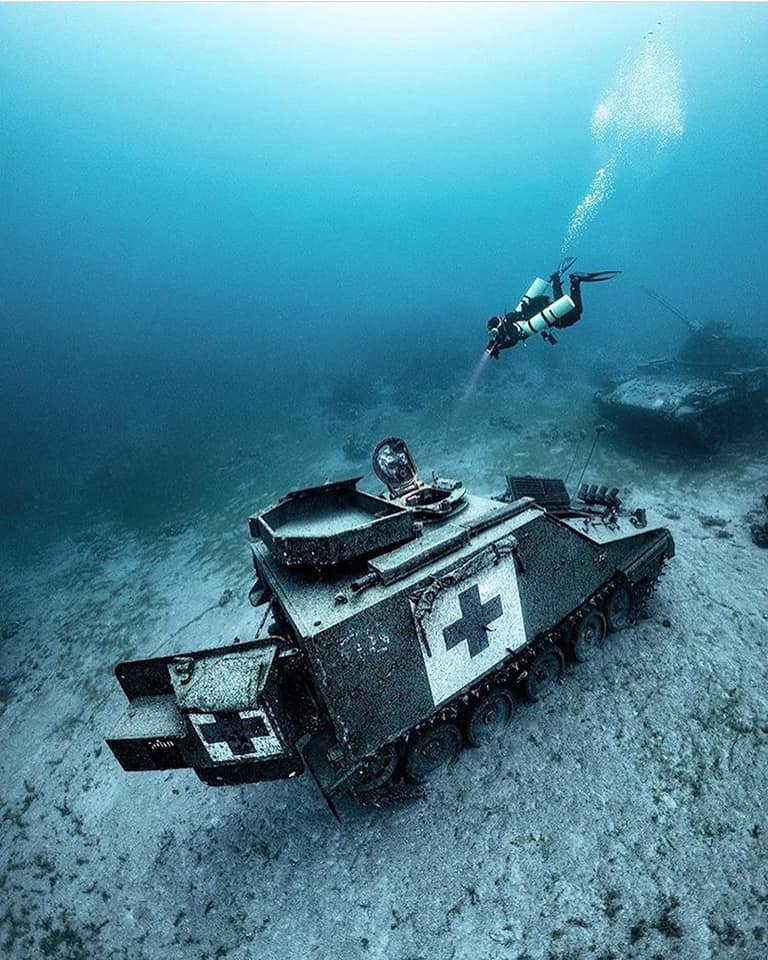Aqaba is the Hashemite Kingdom of Jordan’s only port city, located on the Gulf of Aqaba at the southernmost extremity of the kingdom.
Aqaba is Jordan’s window on the Red Sea. Historically the same city as Eilat on the Israeli side of the border, plans for a shared international airport and other forms of cooperation have cooled down in the past few years during a period of political tension. Aqaba has seen a lot of development in the last few years. This has improved the infrastructure and facilities. Be prepared for road maps to be incorrect/out of date
Aqaba Fort. Originally dating to the 14th century, although the present structure was built by the Mamluke sultan Qansawh el-Ghawri (1501-1516) and has been revised many times since then.
What Can You Do?
Scuba diving is the most popular sport.INT.ARAB DIVERS VILLAGE (hotel & diving club), AQABA-south beach, is a very professional operator with fairly new equipment and decent prices. Introductory dives, for those who’ve never gone before.
Scuba Diving and Snorkeling, Aqaba
The Gulf of Aqaba is a world known diving area and a natural haven for scuba diving, snorkeling and scientific exploration. It offers eager divers a great chance to experience virgin coral reefs, rare marine life forms, and encounters with friendly sea animals like turtles and dolphins. The Gulf’s average water temperature of 23 degrees Celsius allows water-activity oriented tourist to enjoy the sea year round.
The Red Sea’s unique marine ecosystem includes about 110 species of soft corals, 120 species of hard corals and countless varieties of brightly colored fish and other invertebrates, some of which are unique to the region, creating a colorful kaleidoscope. This, combined with the Gulf’s depth and its isolation of sea currents, which minimize turbulence and improve visibility, make it one of the most rewarding scuba diving and snorkeling spots in the world.
Aqaba Marine Life and Coral Reefs
The Gulf of Aqaba is renowned worldwide as a tourist’s paradise overflowing with wildlife and adventure. It hosts about 110 species of soft corals, 120 species of hard corals and over 1000 species of fish. Sting and manta rays, clown, angel, butterfly and lionfish, and occasionally turtles, eels, sea cows, and dolphins are spotted amid the resort’s exquisite coral reefs.
The absence of stormy weather, along with the mild water currents contribute to clear waters, one of Aqaba’s exceptional environmental conditions. Warm, clear waters provide a hospitable environment for the growth of corals, and favorable salinity levels provide an environment for myriad varieties of marine-life forms.

